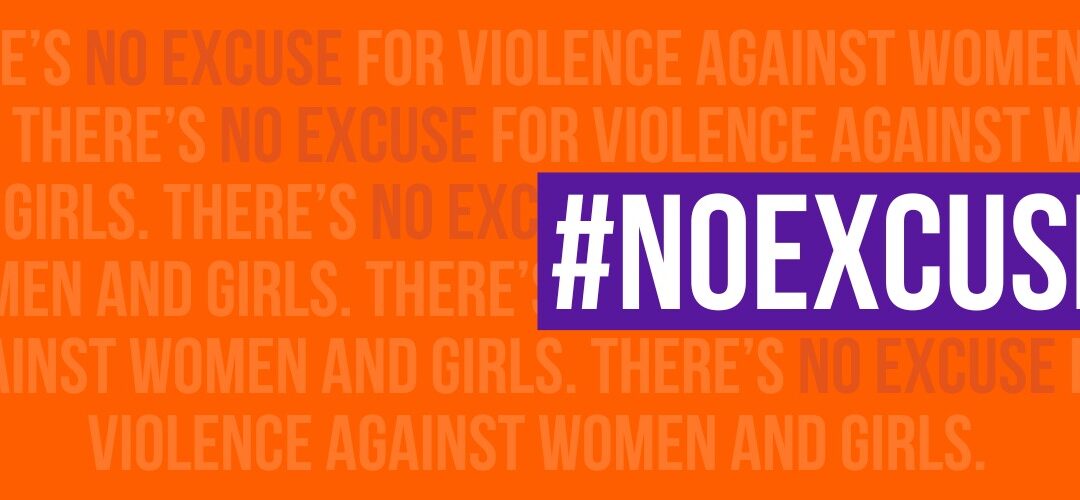Today, we stand united in support of all women and girls who face violence, while acknowledging the diversity of their experiences. We aim to raise awareness of the specific challenges faced by women and girls in the context of migration, where they often find themselves particularly vulnerable to distinct forms of violence. This violence arises from the intersection of factors such as gender, race, sexual orientation, migration status, among others.
Migrant women and girls are especially at risk in workplaces, at borders, and within systems meant to protect them. Many may have experienced exploitation, sexual abuse, trafficking, and intimate partner violence, with their precarious legal status often limiting their ability to seek help. Xenophobia, language barriers, and the fear of deportation further intensify their isolation, perpetuating cycles of violence with few opportunities to escape.
While there are many challenges, there is still hope. Across the world, individuals, organizations, and communities are working hard to assist migrant women and girls by providing them with routes to safety, empowerment, and recovery. By advocating for strengthened protections, providing safe(r) spaces, and advancing inclusive policies, we can build a future where all women and girls, whatever their background or status might be, will not have to live in fear of violence.
In light of this, we would like to share the following references to encourage continued reflection on how we, as a society at large, can contribute to eliminating violence against women, particularly those in vulnerable situations such as migrant women and girls.
https://www.un.org/…/ending-violence-against-women-day
https://picum.org/…/new-eu-directive-on-violence…/
https://americas.iom.int/…/what-makes-migrants…
https://www.unwomen.org/…/policy-brief-from-evidence-to…
#EndVAW #EUMiCare #mentalhealth #mentalhealthcare

